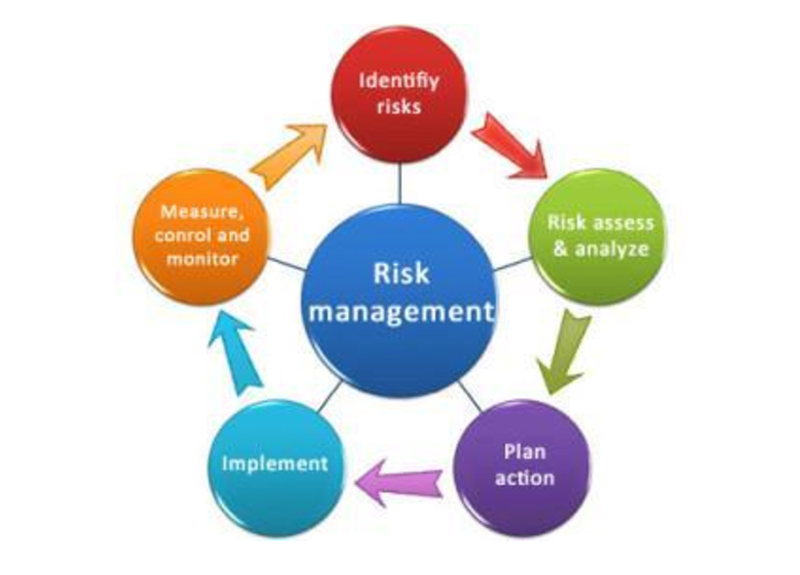One of the most often overlooked areas of Financial Planning is Risk Management or Insurance Planning. Evaluating areas of risk exposure and determining whether those risks should be retained and self-insured, or transferred to an insurance company through the purchase of an insurance policy.
GOFIN has extensive experience working with clients to help find the appropriate risk management and insurance solutions. Whether the need is for Life, Disability or Long-Term Care Insurance, we can help you and your business or organization with your insurance needs.

Your first line of defense is to identify your sources of risk and tolerance for them, and then either avoid or minimize exposures to income and your survivors.
Some examples of risk include:
- Personal and professional liability
- Property loss
- Catastrophic illness or disability
- Business ownership
Asset protection planning: Situations like lawsuits, accidents, property damage, and other financial risks are facts of everyday life. Asset protection strategies manage risks to your wealth. Asset protection planning looks to transfer the risk of these events through:
- Repositioning asset ownership
- Other protections available under the law
- Insurance, including life insurance, business insurance, and associated tax benefits
Managing healthcare costs: Both genetics and lifestyle affect your risk profile, and although you have no control over your genetics, you do have control over how you live your life. Lifestyle choices can have a direct impact on your healthcare costs and should also be considered as part of a comprehensive risk plan.
From protecting your business to your health, we try to ensure that you understand the level of risk you are taking and are comfortable with it.
If your first line of defense is to identify and mitigate risk, your last line of defense is insurance. Prudent risk management may involve a handful of risk prevention vehicles as well as purchasing life, long‑term care, and disability insurance.
Risk management is a critical component of wealth management, and a good insurance strategy will be well‑coordinated with your overall plans for business, investments, taxation, estate, and retirement. While financial professionals can perform many functions of the risk management process, some activities require the expertise of insurance specialists. We may work closely with an insurance specialist to focus on your risk management.
Life insurance: As your life changes, insurance needs often change as well. The life events timeline offers a quick look at how well-protected you are as you enter each new stage of your life. When building a comprehensive financial plan, life insurance can serve several purposes for families and individuals. It can:
- Be used to create an estate for the people you love
- Provide the necessary cash to pay estate taxes, balance family inheritances, or pass on a family-held business intact
- Be used as a vehicle for asset accumulation
Long-term disability: The best time to talk about a crisis is before it happens. Long-term disability and care are vital considerations in the survival of your estate and the financial well-being of your family. You may be in good health, active, and young enough not to think you need planning for a potential long-term care event, but have you thought about what such an event could do to your family and your finances? Consider a few facts about long-term care:
- The cost of in-home care, assisted living and nursing home care is steadily rising each year
- Medicare doesn’t cover most long-term care expenses
- Medicaid only covers nursing-home care once a person has depleted his or her assets to poverty levels
